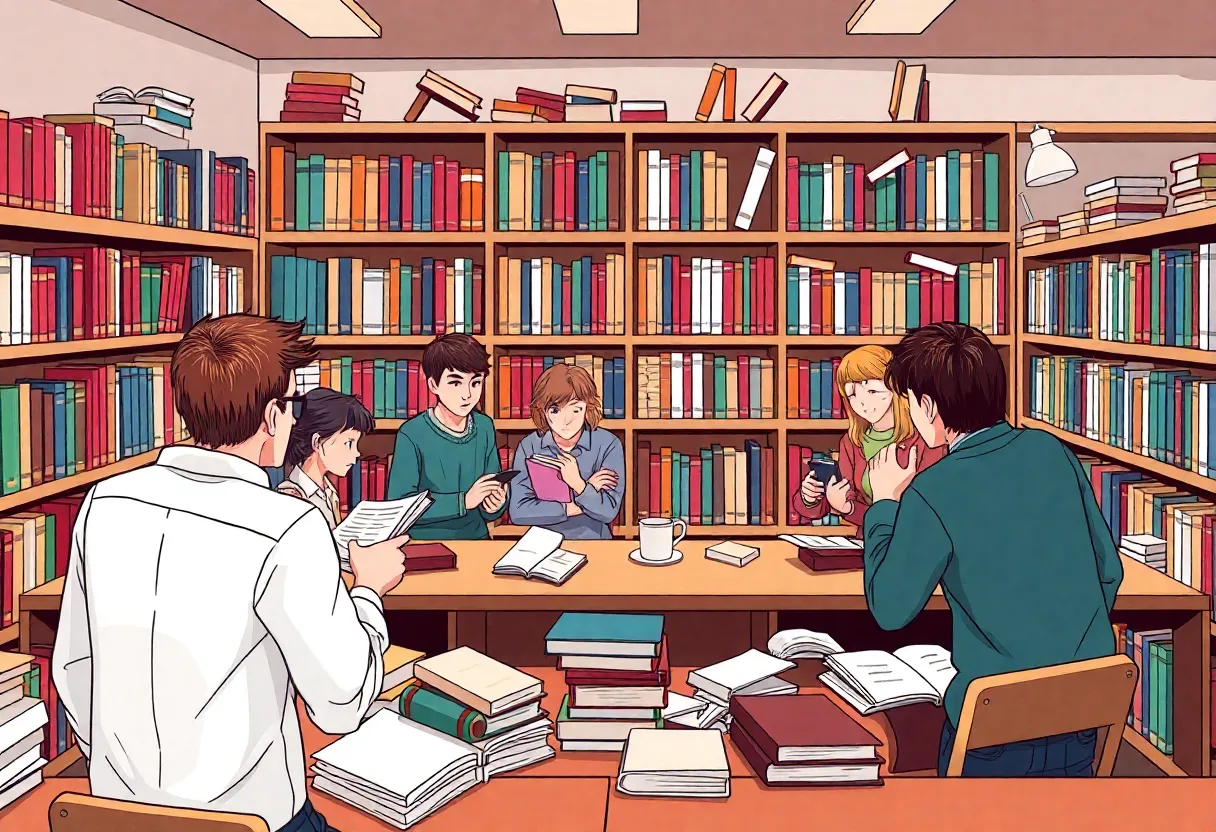News Summary
A South Carolina subcommittee has recommended the removal of seven books from school libraries, citing new regulations on age-appropriate materials. The recommendations have sparked public debate over literary freedom and educational standards, with a final decision set for November 5. The discussion has focused on the implications for classic literature and the vagueness of criteria for book evaluations.
South Carolina Committee Recommends Removal of Seven Books from Schools
In a move that has sparked a lively debate across the state, a subcommittee of South Carolina’s Board of Education has made the recommendation to remove seven books from school libraries and classrooms following a recent assessment of educational materials. This development came on a Thursday during a crucial meeting and is slated for a final decision by the full board on November 5.
So, what’s the story behind this recommendation? Well, it all boils down to a new regulation that was put into place back in June, which outlines that books must be considered “age and developmentally appropriate.” Specifically, the new rules focus on the treatment of sexual conduct within educational material, which has led to the scrutiny of 11 books in total. Out of these, seven have been suggested for removal due to their content not meeting the state’s standards.
Books in the Hot Seat
Among the books that were caught up in this whirlwind, three classic literature works emerged unscathed. To Kill a Mockingbird by Harper Lee, Romeo & Juliet by William Shakespeare, and 1984 by George Orwell have all been retained despite the committee’s push for removal of other titles. It seems like these timeless stories may have narrowly escaped the chopping block thanks in part to their established place in literary history.
Another title, Crank by Ellen Hopkins, is set for a further review down the road. Meanwhile, concern has begun to intensify about the implications of these new regulations on the availability of various literary works to students. The issue has stirred discussion about the balance between protecting young readers and preserving the integrity of literature.
Public Outcry and Support
While some individuals expressed gratitude for the retention of classic literature, many others voiced strong criticism regarding South Carolina’s new regulations concerning book removals. Concerns were heightening about the ambiguity of the new criteria, which has led to fears that even well-loved classics could soon find themselves under review for similar reasons. After all, who would want to see any of the greats like 1984 or Romeo and Juliet slip away from the classroom?
A Bigger Picture
The vagueness of the regulation has been brought into question by organizations dedicated to combating book bans, who are apprehensive about its broader consequences. There was also a significant buzz over the process that has allowed these removals to take place without more thorough public participation and transparency.
In response to ongoing challenges surrounding instructional materials, a new local procedure has been approved by the Greenville County School Board. This will require parents to fill out a specific form if they want to challenge materials being used in schools, which indicates a dedicated effort to create a standardized approach in addressing parental concerns.
On top of everything, discussions surrounding the legality of removing books based solely on their descriptions of sexual conduct continue. With a new appeal process in place for objections, it seems there’s more to come in this story. The initial vote by the Greenville County School Board back in August marked just the beginning of this ongoing conversation.
As the countdown toward the South Carolina Board of Education’s final decision on November 5 approaches, all eyes will be on how this unfolding situation influences the landscape of literature available in schools and how educational standards will adapt in response to these ongoing debates.
Deeper Dive: News & Info About This Topic
HERE Resources
South Carolina Committee Reviews School Book Regulations
Book Bans Increase in Florida Schools, Sparking Debate on Censorship and Access to Literature






